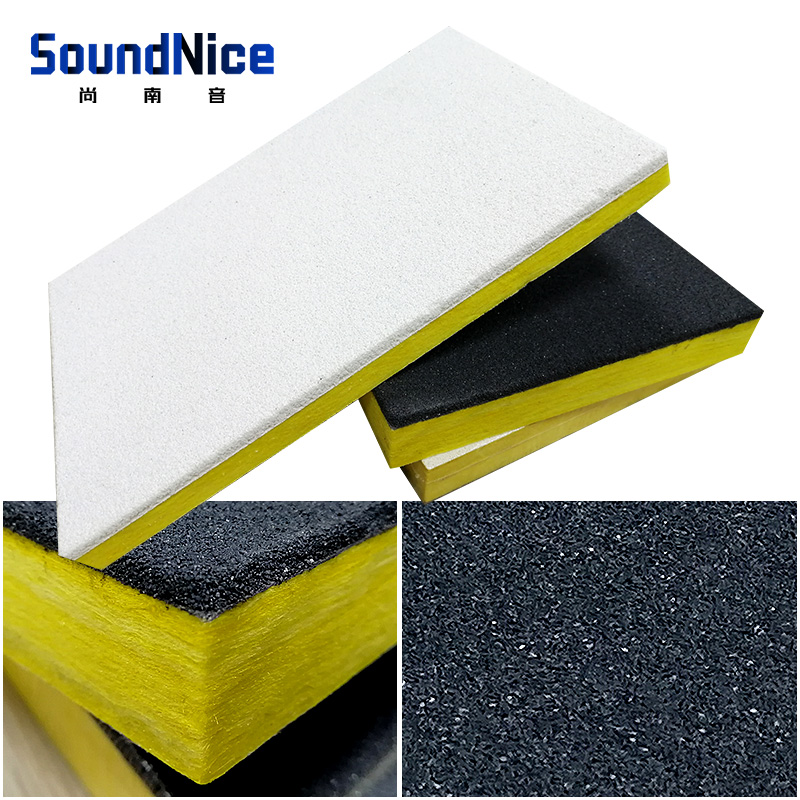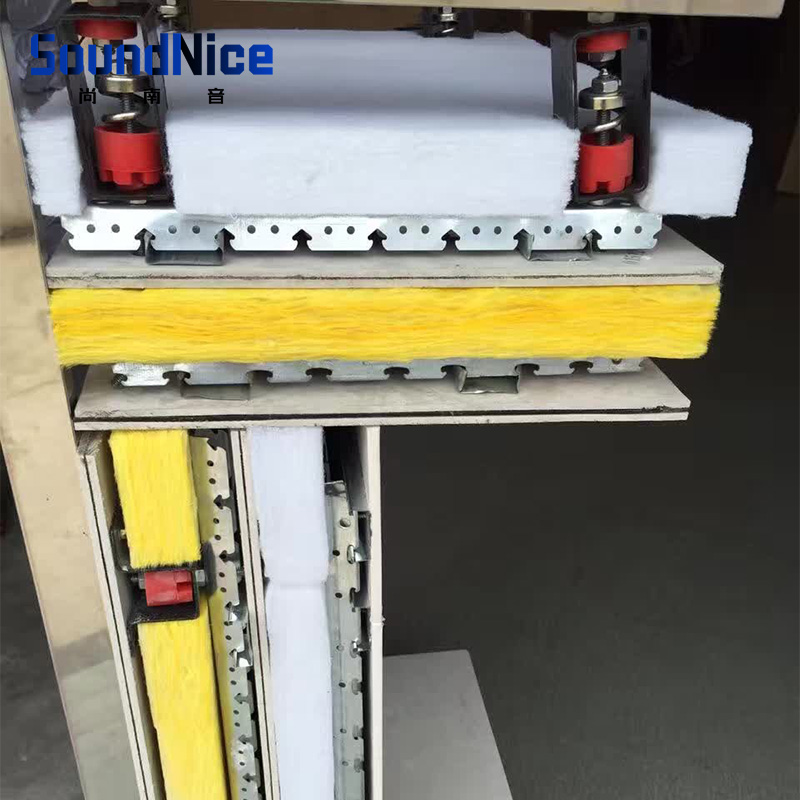
Soundproof Plaster Wall: An Effective Solution for Noise Reduction
Are you tired of hearing every little sound from the neighboring apartment or the street traffic outside? Do you wish to enjoy a peaceful and quiet environment within the comfort of your own home? If yes, then a soundproof plaster wall might just be the solution you are looking for. In this article, we will explore what a soundproof plaster wall is, how it works, and the benefits it offers.
What is a Soundproof Plaster Wall?
A soundproof plaster wall is a type of wall construction that is designed to reduce noise transmission between two spaces. It consists of multiple layers of materials that are specifically chosen to block and absorb sound waves. The core of the wall usually contains sound-absorbing materials such as insulation, acoustic foam or boards, and resilient channels. These materials are then covered with layers of plaster or drywall on each side to provide additional mass and reduce the vibration caused by sound waves.
How Does a Soundproof Plaster Wall Work?
A soundproof plaster wall works by reducing the amount of noise that can pass through the wall. Sound waves are vibrations that travel through the air and any solid objects in their path. When they reach a wall, some of the energy is reflected back into the room, while the rest is transmitted through the wall. The sound-absorbing materials within the wall help to absorb and dissipate some of this energy, while the mass and density of the plaster and drywall layers help to block the rest. The resilient channels also play a crucial role in the construction by isolating the drywall or plaster layers from the underlying structure, which reduces the vibration and further improves the sound insulation.
Benefits of Soundproof Plaster Walls
There are several benefits of using a soundproof plaster wall in your home or office.
Noise Reduction
The primary benefit of a soundproof plaster wall is the significant reduction in noise levels. It can block out unwanted noise from outside or neighboring rooms, making it ideal for bedrooms, home offices, or recording studios.
Increased Privacy
A soundproof plaster wall can also provide increased privacy by blocking conversations or other sounds from being heard outside the room. This can be especially useful in shared living spaces or apartments where privacy can be a concern.
Improved Sound Quality
In addition to blocking external noise, a soundproof plaster wall can also improve the sound quality within the room. By reducing the echoes and reverberations, it can make the room sound clearer and more pleasant to the ear.
Energy Efficiency
Soundproof plaster walls can also help to improve the energy efficiency of your home or office. By reducing the amount of heat or cold air that can pass through the walls, it can help to maintain a consistent temperature, which can reduce your energy bills.
Installation Process
The installation of a soundproof plaster wall involves several steps, and it is recommended that you hire a professional to do the job. The process typically involves the following steps:
- * Removing the existing drywall or plaster from the wall
- * Adding sound-absorbing insulation and resilient channels to the wall cavity
- * Covering the insulation and channels with a layer of plaster or drywall
- * Adding a second layer of plaster or drywall on top of the first layer
- * Applying a finishing layer of plaster or paint to the wall surface
The exact materials and techniques used will depend on the specific requirements and budget of the project.
FAQs
How much does it cost to install a soundproof plaster wall?
The cost of installing a soundproof plaster wall can vary depending on the size of the wall, the materials used, and the complexity of the project. On average, you can expect to pay between $40 and $80 per square foot for a soundproof plaster wall installation.
Can a soundproof plaster wall completely block all noise?
While a soundproof plaster wall can significantly reduce the amount of noise that passes through it, it cannot completely block all noise. The effectiveness of the wall will depend on the quality of materials used and the level of sound insulation required for the specific space.
Is it possible to install a soundproof plaster wall in an existing structure?
Yes, it is possible to install a soundproof plaster wall in an existing structure, but it can be more challenging and expensive than installing one in a new building. The installation process may require modifications to the existing structure, and it may not be possible to achieve the same level of soundproofing as with a new build.
How thick should a soundproof plaster wall be?
The thickness of a soundproof plaster wall can vary depending on the level of sound insulation required. Typically, a soundproof plaster wall should be between 6 and 8 inches thick, with multiple layers of sound-absorbing materials and plaster or drywall.
Can a soundproof plaster wall improve the resale value of a property?
Yes, a soundproof plaster wall can improve the resale value of a property, especially in urban areas with high noise levels. It can be a significant selling point for potential buyers who are looking for a peaceful and quiet living environment.
Conclusion
A soundproof plaster wall is an effective solution for reducing noise levels and improving privacy within a living or working space. It consists of multiple layers of sound-absorbing materials and plaster or drywall that work together to block and absorb sound waves. Installing a soundproof plaster wall can offer numerous benefits, including noise reduction, increased privacy, improved sound quality, and energy efficiency. While it can be more expensive than traditional wall construction, the long-term benefits can make it a worthwhile investment for those seeking a quiet and peaceful environment.









Leave a comment